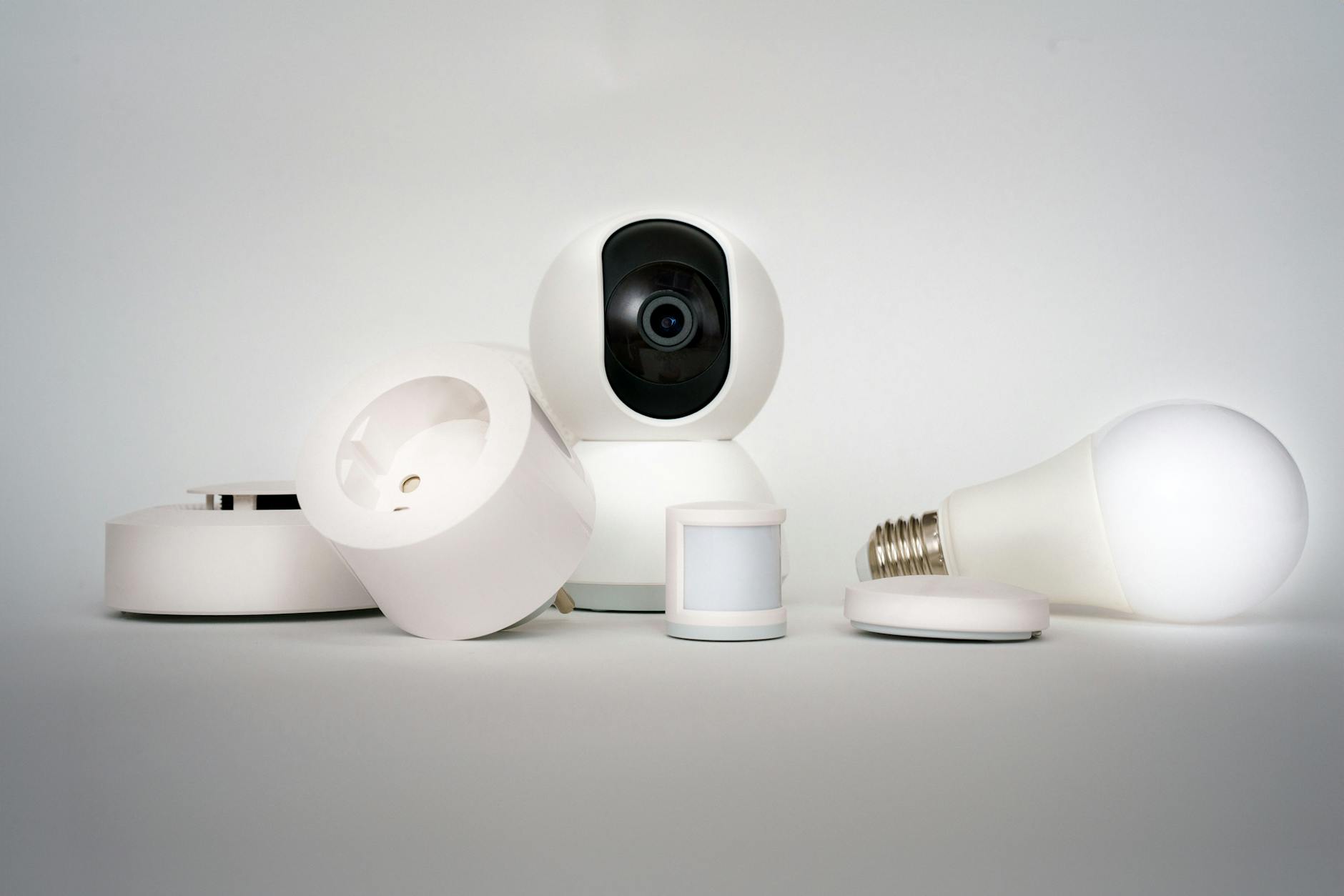
Home surveillance setups seem like a smart way to protect your property and loved ones. With affordable cameras and simple apps, more people are installing these systems every year. But as home surveillance setups become more common, so do the legal headaches that come with them. Homeowners often overlook privacy laws, neighbor disputes, and even the fine print in local ordinances. Suddenly, what was meant to boost security can turn into a tangle of legal risks. If you’re thinking about cameras for your house, it’s important to know why these setups are causing trouble.
1. Privacy Laws Are Easy to Violate
The biggest legal headache with home surveillance setups is privacy. Many states have strict rules about recording audio or video without consent. Even if you’re just aiming to monitor your own property, cameras might accidentally capture footage of neighbors, passersby, or even inside other homes through windows. In some places, it’s illegal to record audio without the knowledge of everyone involved, and fines can be steep.
It’s not just about being polite. Lawsuits have sprung up when footage from home surveillance setups showed people in places where they expected privacy. Courts usually don’t side with homeowners who ignore these boundaries. If you’re not careful, your home security could land you in court.
2. Neighbor Disputes Are On the Rise
Home surveillance setups have sparked plenty of neighbor disputes. If your camera points toward a neighbor’s yard, driveway, or windows, they may feel watched or even harassed. Some neighbors file complaints with local authorities or take legal action, especially if they believe their privacy is being invaded.
These disputes can escalate quickly, souring neighborly relations and creating a hostile environment. In some cases, local ordinances back the neighbor, requiring homeowners to reposition or remove cameras. Even if you win a dispute, the stress and time involved can be considerable. Home surveillance setups are designed to make you feel safer, but they can also complicate your home life.
3. Local Ordinances and HOA Rules Vary Widely
Many people don’t realize that city codes and homeowners’ association (HOA) rules may limit where and how you can use home surveillance setups. Some HOAs ban visible cameras on the front of homes or require approval before you install anything. Local governments might regulate the placement of cameras, especially if they record public sidewalks or streets.
Violating these rules can lead to fines or the forced removal of your cameras. Some areas even require you to post signs about surveillance. If you rent, your landlord might have their own restrictions. Before setting up a home surveillance system, always check for these kinds of rules. It’s better to be proactive than to get caught off guard.
4. Data Security and Hacking Risks
Home surveillance setups often connect to the internet, making them vulnerable to hacking. If you don’t secure your system, outsiders could access your live feeds or recordings. In some cases, hackers have used unsecured cameras to harass homeowners or steal personal information.
This isn’t just a privacy issue—it can be a legal one, too. If footage of your neighbors or visitors is leaked because your system was compromised, you could face liability for not protecting their privacy. Data breaches can also put your own family at risk. You need to make sure your passwords are strong and your system is updated regularly.
5. Legal Use of Footage Is Complicated
Many homeowners assume they can use footage from home surveillance setups however they want, but that’s not always true. If you capture a crime, police may want the video—but sharing it online or with the media can raise legal questions. In some cases, sharing footage of people without their consent can violate privacy laws or even defamation laws.
Some insurance companies or courts may reject footage as evidence if it was obtained illegally. It’s smart to know the rules about how you can use or share recordings in your state. The last thing you want is for your own security system to backfire during a claim or a legal dispute.
How to Protect Yourself When Using Home Surveillance Setups
Home surveillance setups can offer peace of mind, but only if you use them wisely. Start by learning about privacy laws in your area. Avoid pointing cameras at places where others expect privacy, like neighbors’ backyards or windows. Choose systems with good security features and keep your software updated to avoid hacking risks.
If you’re in an HOA or rental, check the rules before you install anything. Let your neighbors know about your cameras if they might be affected—it’s both courteous and can help avoid disputes.
Home surveillance setups are useful tools, but they require responsibility. Take the time to set up your system legally and securely. You’ll avoid legal headaches and keep your home truly safe.
Have you had any unexpected issues with your home surveillance setup? Share your experiences or questions in the comments below!
What to Read Next…
- 6 Ways Your Smart Doorbell Could Be a Legal Liability
- 7 Innocent Looking Devices That Secretly Spy on You Inside Your Own Home
- 7 Clues Your Neighborhood Has Been Flagged for Surveillance
- Why Some Couples Are Secretly Using AI to Spy on Each Other
- Police Departments Are Secretly Using These Civilian Vehicles for Surveillance
The post Why Home Surveillance Setups Are Becoming Legal Headaches appeared first on Clever Dude Personal Finance & Money.







